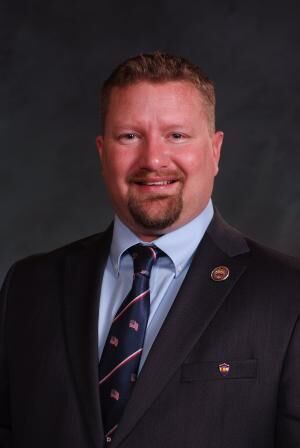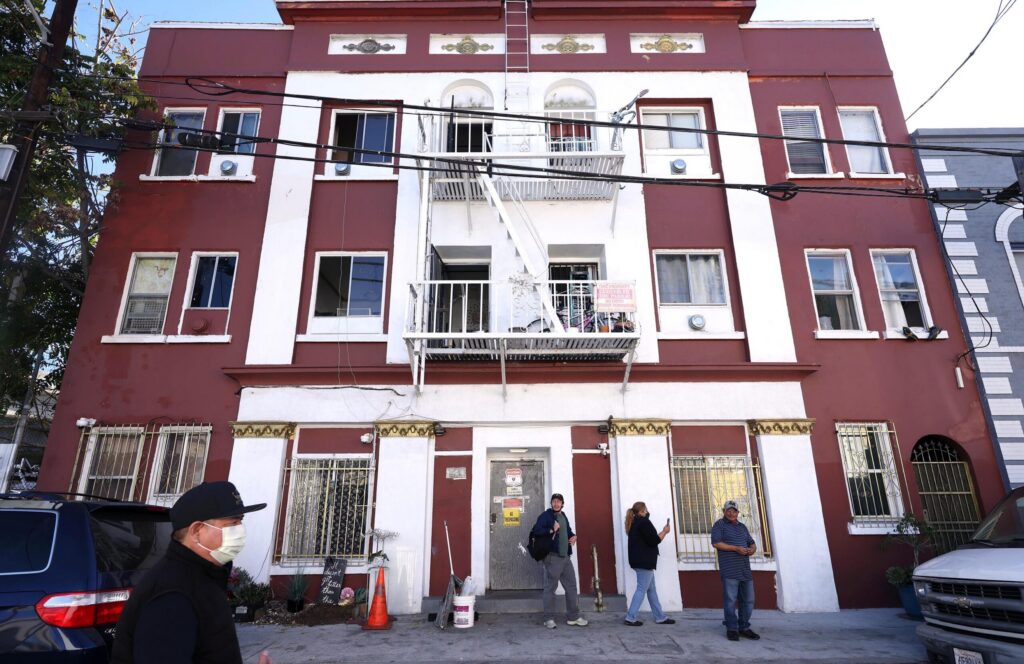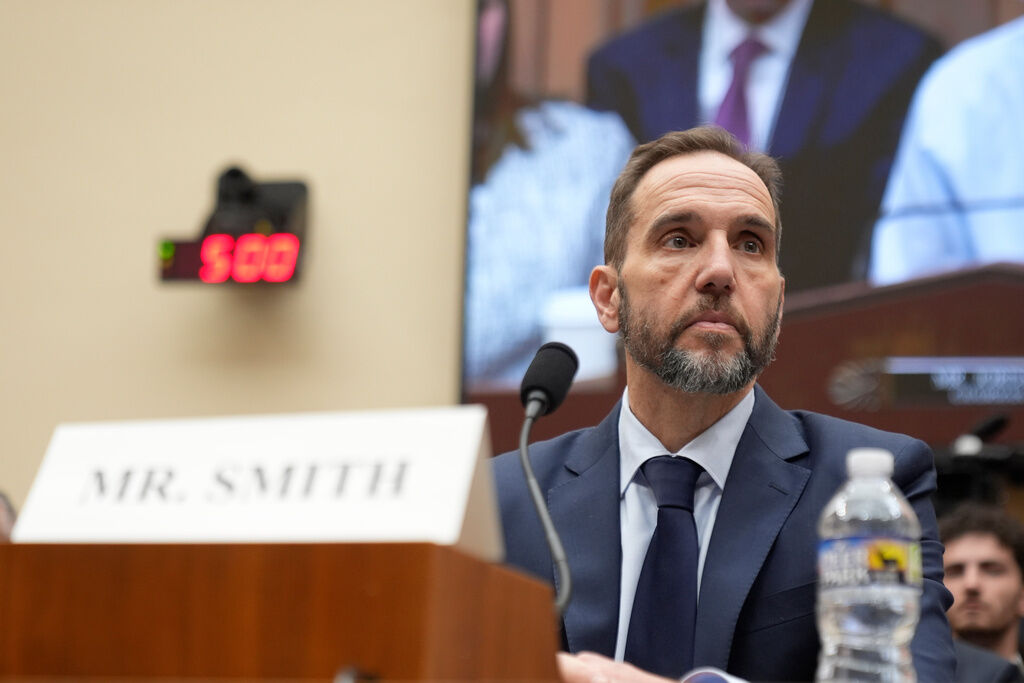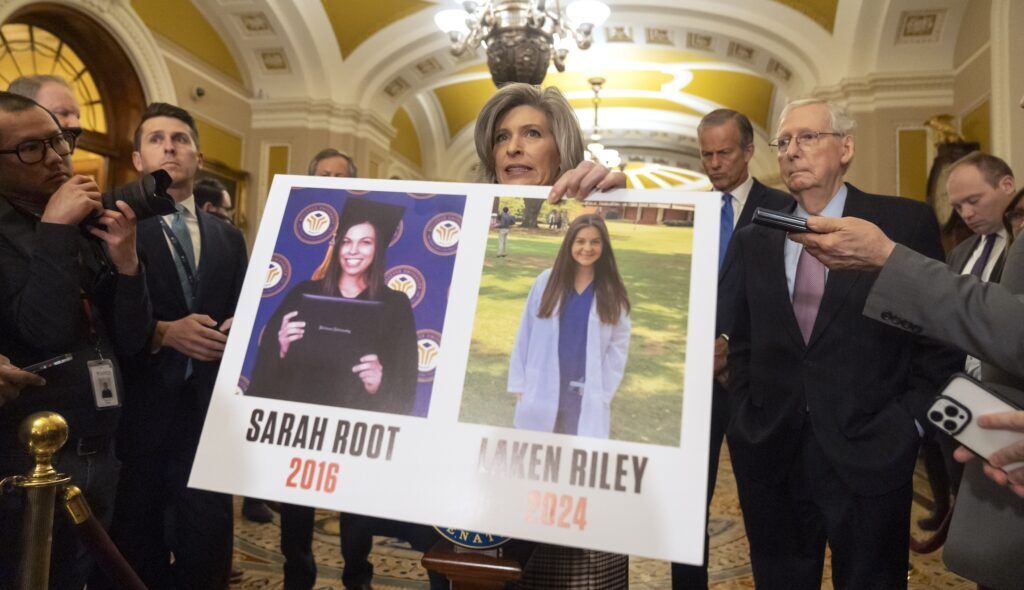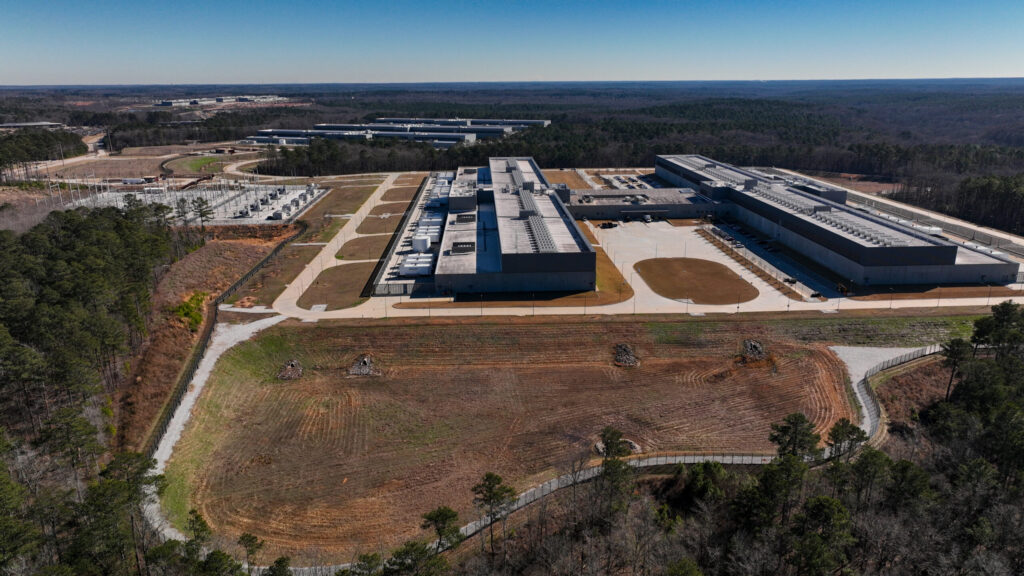Grant program to fund wildfire-resilient homes passes Colorado legislature
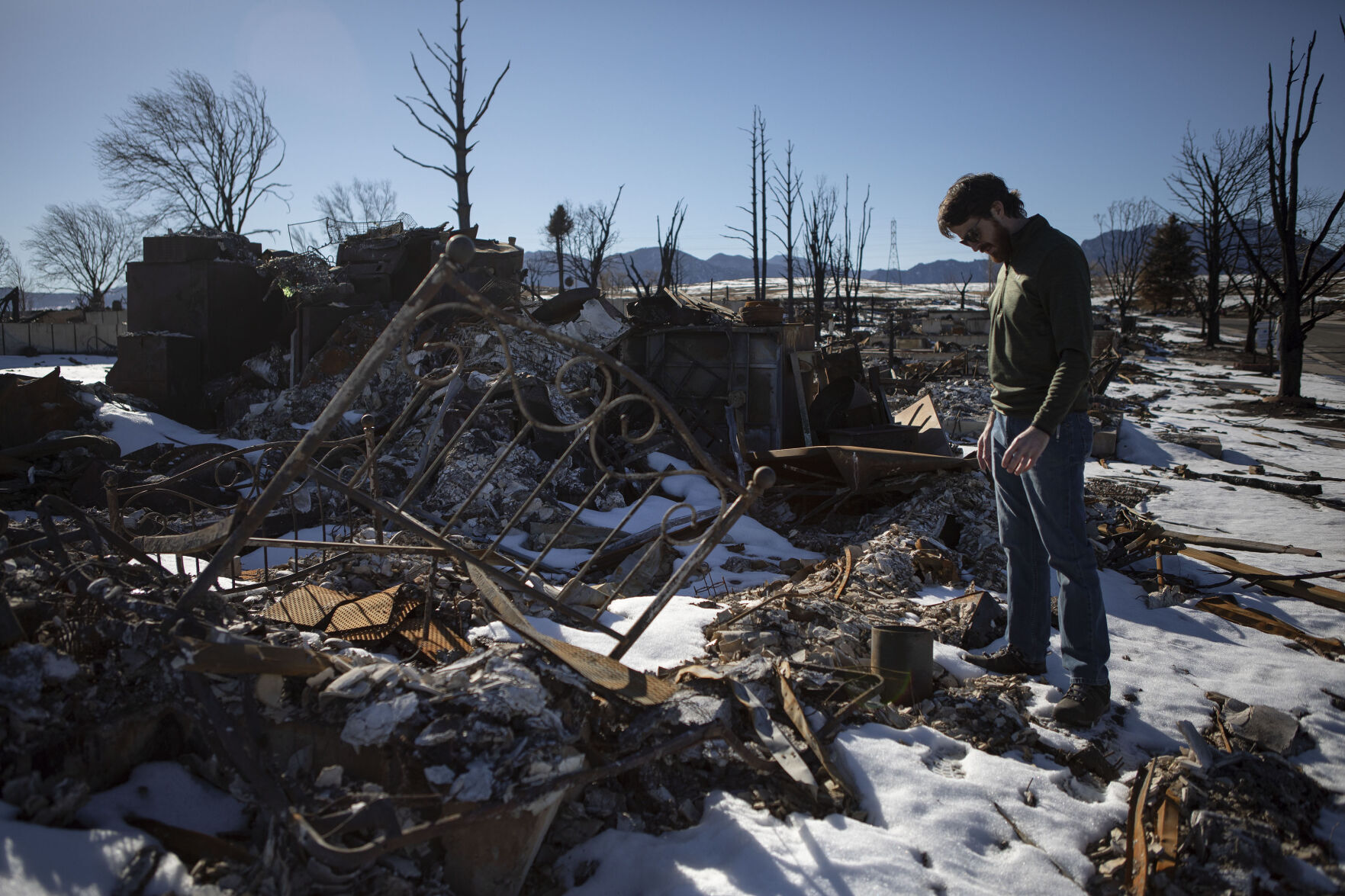
In the last three years, Colorado has endured the three largest wildfires and the single most destructive wildfire in the state’s history. On Saturday, lawmakers passed a bill they hope will help prevent future disasters.
House Bill 1273 seeks to create a grant program to incentive homeowners to make their houses more resilient against wildfires. The grants would fund changes such as replacing roofs and sidings with non-flammable materials, enclosing soffit vents to prevent ambers from being sucked inside, or even just moving burnable vegetation 100 feet away.
The bill cleared its last legislative vote on Saturday, now only needing the governor’s approval to become law.
“This is not going to, all by itself, solve the wildfire threat that we have here in Colorado,” said bill sponsor Rep. Marc Snyder, D-Manitou Springs, “but it’s one of the many tools we have that we can utilize.”
Under the bill, homeowners could apply for grants to pay for retrofitting or structural improvements to existing houses and other buildings, as well as for new builds and rebuilds. Grant applications would be prioritized by means, favoring low-income homeowners and those seeking to make changes to their primary residences.
The state dedicated $100,000 for the grants – a huge cut back from the original $2 million requested – though Snyder said the grant program would also utilize federal funds which are expected to be made available in the coming months.
The bill passed the Senate in a 26-8 vote on Saturday, following the House’s 49-14 passage on Wednesday. Nearly all of the opponents to the Democrat-sponsored bill were Republicans, with only two Democrats voting against the bill: Reps. Elisabeth Epps and Emily Sirota of Denver. Neither spoke on the floor to explain their opposition.
But GOP critics of the bill said protecting homes from wildfires is a matter of personal responsibility, arguing that state tax dollars shouldn’t be used to benefit individual homeowners.
“All we ever do is think of ways to tax working families to pay for things like someone else’s deck because they live in a fire area,” said Sen. Barbara Kirkmeyer, R-Brighton, who voted against the bill. “They knew where they were moving into. … Why is that the general public’s responsibility? Why is that not the homeowner’s responsibility?”
Other opponents said the state is investing too many resources in wildfire response and prevention.
Kirkmeyer, a member of the Joint Budget Committee, said the state has dedicated $93 million to the Department of Public Safety for wildfire-related programs over the past three years. Last session, lawmakers passed 11 bills regarding wildfire mitigation.
“We’ve done bill after bill on this,” said Sen. Bob Gardner, R-Colorado Springs, who voted against the bill. “(Homeowners) are going to have to accept the responsibility for where you live and what your risks are.”
Proponents of the bill argued that wildfire destruction is a statewide issue that requires government intervention.
The state’s most destructive wildfire, the Marshall fire, destroyed over 1,100 homes and businesses in Boulder County in December 2021. The fire was the costliest in state history and the 10th costliest wildfire in U.S. history, causing over $2 billion in losses. While some homeowners have started to make fire-proofing changes on their own, most don’t. And that leaves the entire state at risk, they said.
Bill sponsor Sen. Dylan Roberts, D-Avon, said making homes more resilient against wildfires will also lower insurance costs for all residents and will help to prevent wildfires from spreading to other communities. But most importantly, he said, it’s the right thing to do to help people.
“This is not about people choosing to live in the wildland urban interface. This is about the wildland urban interface coming to them,” Roberts said. “These are people who live in not high-value homes where, because of an ongoing drought and extremely dry summers caused by climate change, the wildland urban interface has come to them. They deserve some assistance.”
The bill is also sponsored by Rep. Junie Joseph, D-Boulder, who represents the House district where the Marshall fire occurred.
During a public hearing on the bill, Tanya Samaroo said she lost her home in the Marshall fire. Now working to rebuild, Samaroo said she has taken precautions to protect her home from future wildfires, but most in her community have not.
“I’m afraid to go home and live in my non-fire-hardened neighborhood,” Samaroo said while testifying in support of HB 1273. “It’s like we are in Fort Myers rebuilding our houses in the same way, in the same spots and the next five-foot surge is going to sweep our houses out to sea.”
Snyder said it typically costs around $3,000 to $5,000 extra to build a home with wildfire-resilient materials, with costs likely increasing to retrofit existing buildings. Samaroo said it cost her an additional $5,000 to $7,000 to fire-harden her home.
Under the bill, the Colorado Division of Fire Prevention and Control would be responsible for determining the amounts and limits of the grants. Snyder said it’s possible the grants could be restricted to around $5,000 per individual, or be used for cost matching or sharing.
The bill will be sent to Gov. Jared Polis for consideration in the coming days. If signed, state funds for the grant program would be transferred on Aug. 15.







